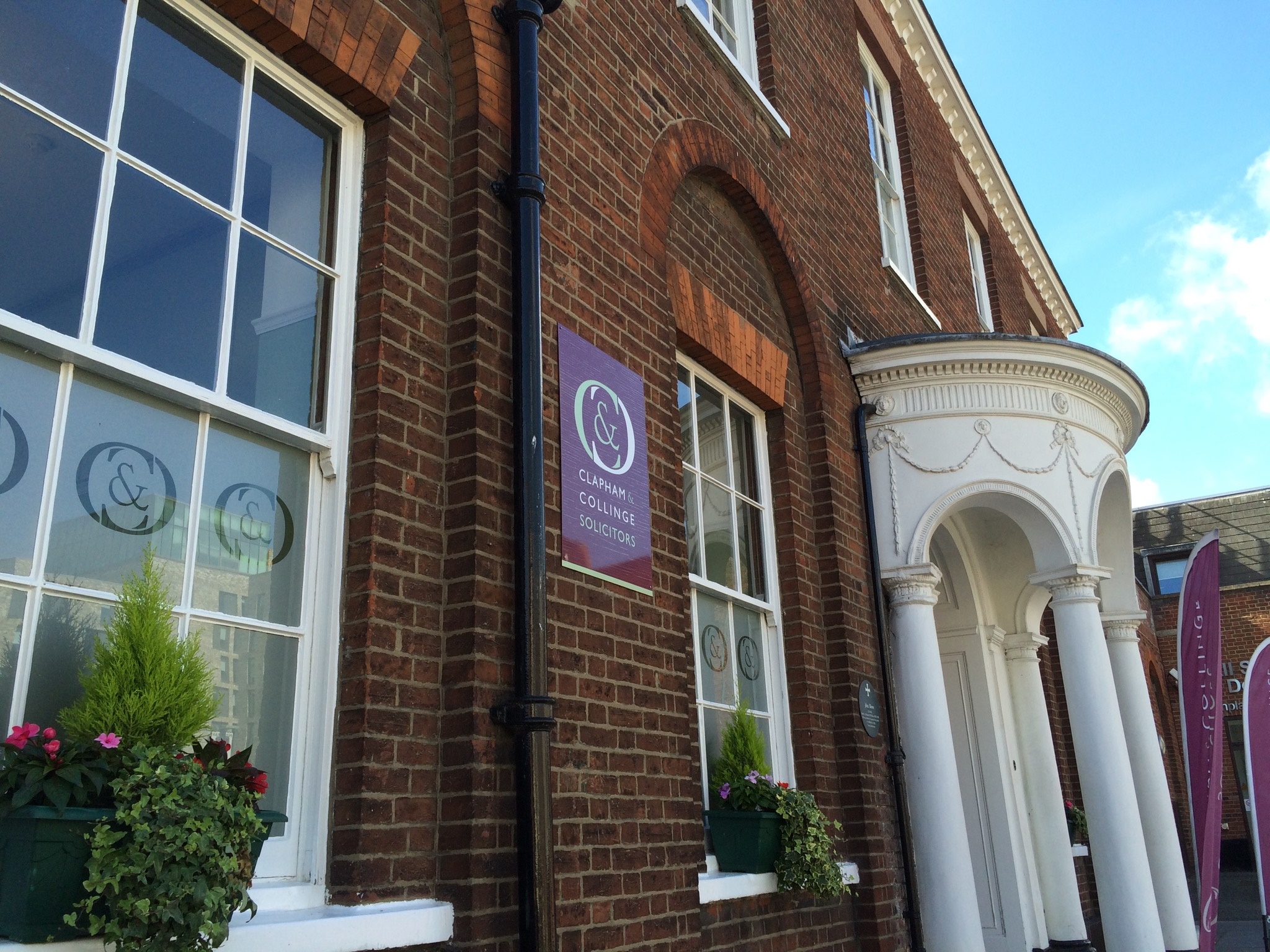Advance decisions (Living Wills) for medical treatment
Protect your healthcare choices with confidence
Covering all of your legal needs with branches in Norwich, Sheringham and North Walsham
We understand that life’s uncertainties can feel overwhelming, especially when planning for the future. With one of the largest departments in Norfolk housing our Wills, Trusts, and Probate solicitors, we are proud to offer a compassionate, tailored service that provides peace of mind. Our experienced estate planning solicitors are dedicated to ensuring your wishes are respected through comprehensive Wills and Lasting Powers of Attorney (LPAs) and that your loved ones are well cared for when the time comes. We are here to guide you every step of the way, offering both legal expertise and heartfelt support.
Protect your healthcare choices with confidence
Ensure your money, properties, possessions and investments go to the right people
Supporting you to prepare for the future
Guiding you through the estate administration process
Assigning a Deputy Through the Court of Protection
Trust creation focused on protecting your interests
Protect your compensation
Here to advise you on sophisticated tax planning arrangements
Reaching fast resolution together
The most popular way to raise money on your property

At Clapham & Collinge, we provide expert legal advice and support in creating Advance Decisions (also known as Living Wills). These legal documents allow you to outline your healthcare preferences in advance, ensuring that your wishes are respected if you become unable to communicate them. Our experienced team will guide you through the process, helping you make informed decisions about your future care. We ensure that your Advance Decision is clear and legally valid, providing you with peace of mind knowing that your healthcare choices are protected.
Open-minded, supportive communication
Over 70 years of experience
A dedicated client relations desk
Transparent, solution-focused advice

If you need support when it comes to your wills, LPAs, trusts, or probate, we’d be happy to provide our expert and friendly advice. We are Dementia friendly trained and here to help individuals, families and those planning for later life.
To find out more about our will writing services or to discuss your individual requirements in further detail, our will writing solicitors are on hand to help.

Partner and Head of Private Client

Partner

Partner

Solicitor

Chartered Legal Executive

Associate Solicitor

Legal Secretary

Legal Secretary

Legal Secretary

Chartered Legal Executive

Solicitor

Legal Secretary

Probate Executive

Trainee Solicitor